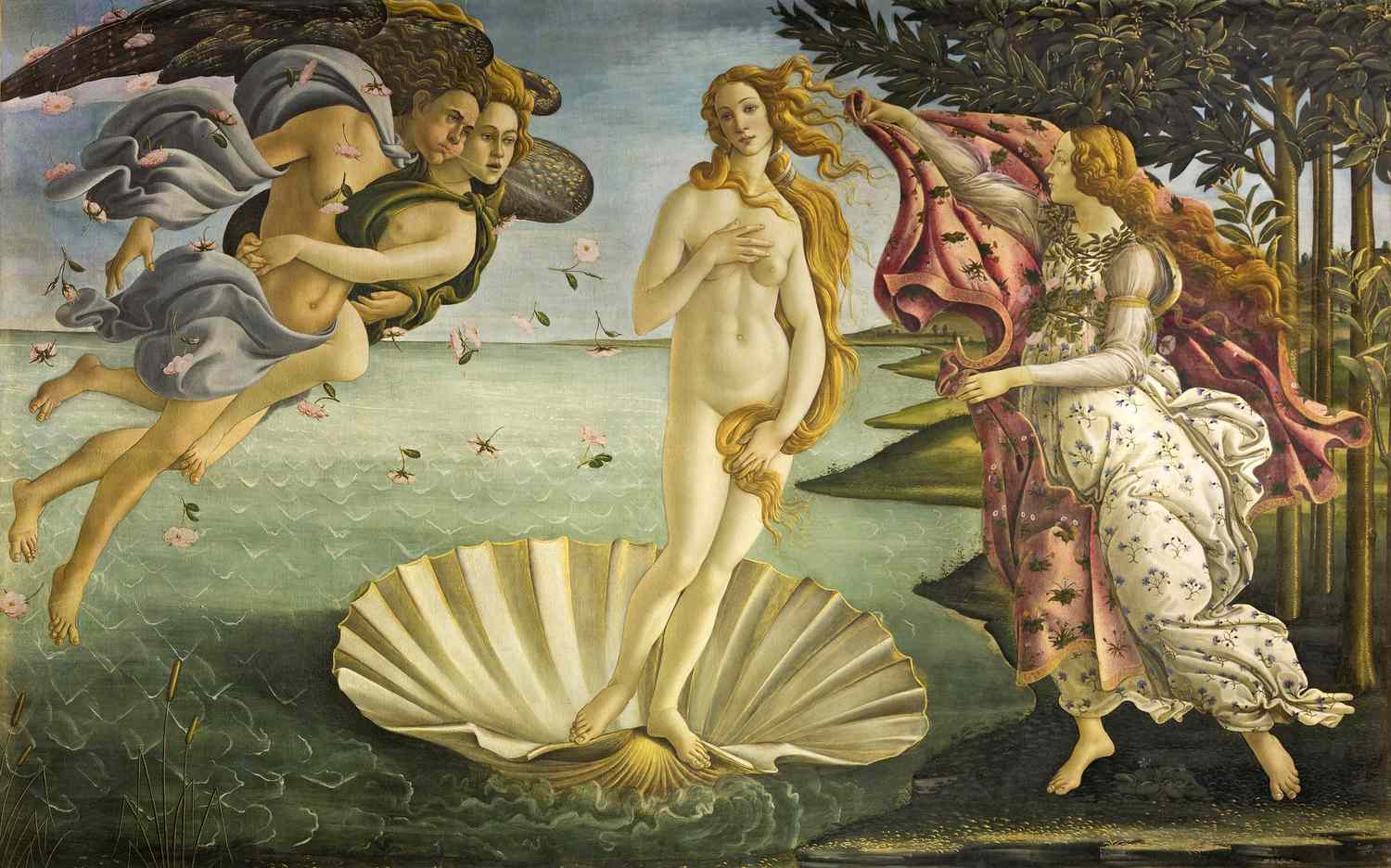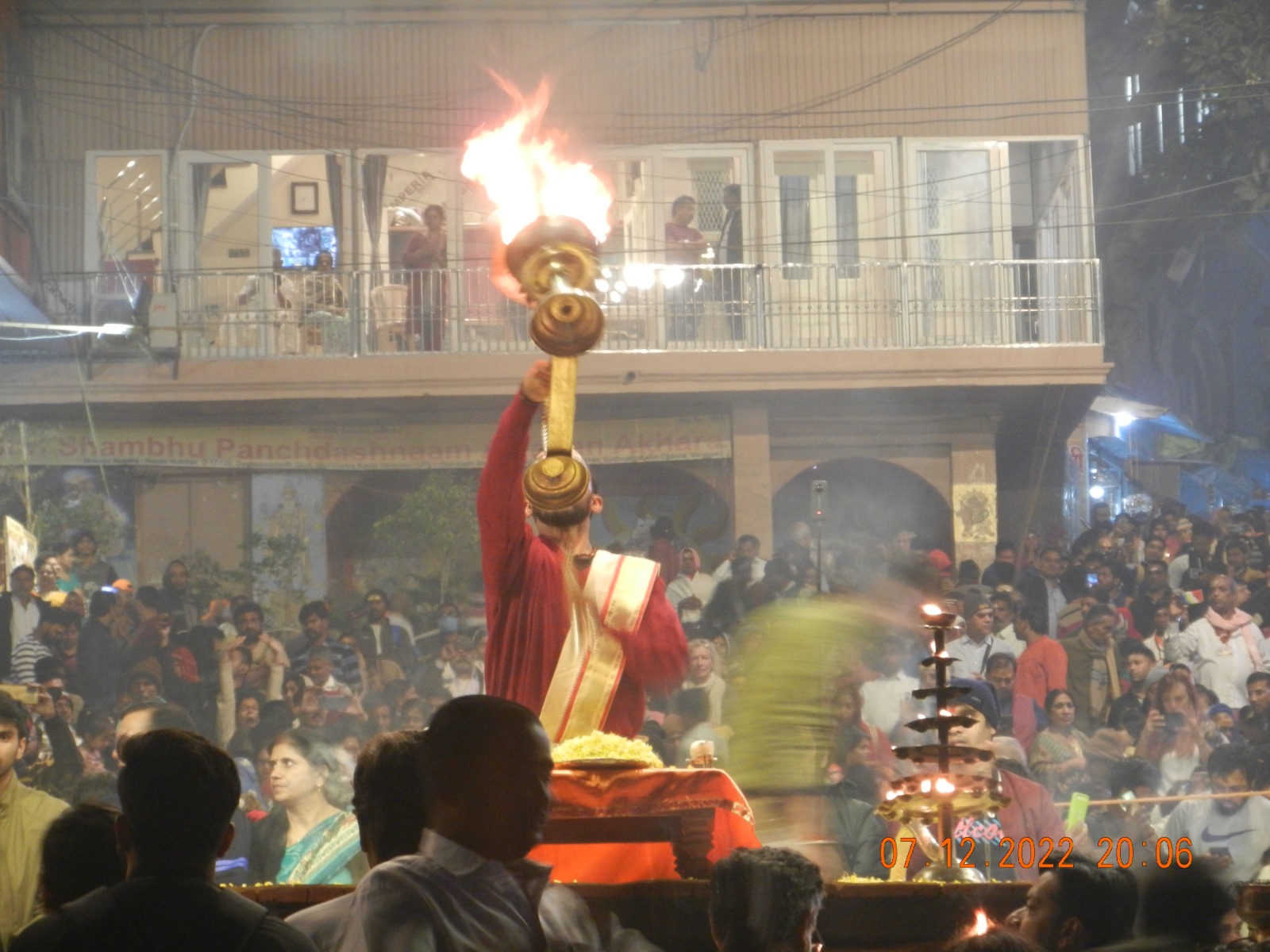Venus: The Roman Goddess of Love and Beauty
In ancient Roman mythology, Venus was a goddess of love, beauty, fertility, and prosperity. She was considered one of the major gods and goddesses in the Roman pantheon, and was often worshipped by the people of Rome. Venus was also known as the mother of the Roman people, and was believed to have played a crucial role in the foundation and growth of the city.
Origins and Characteristics
The origins of Venus can be traced back to the early Etruscan civilization, which existed in central Italy prior to the Roman Republic. The Etruscans worshipped a goddess named Turan, who was very similar in nature to the later Roman Venus. Like Turan, Venus was associated with fertility, beauty, and love, and was often depicted as a powerful and alluring figure.
In Roman mythology, Venus was typically portrayed as a beautiful woman with long hair, a serene expression, and an elegant dress. She was often depicted holding a flower, symbolizing her role as a goddess of fertility and growth. Venus was also associated with the planet Venus, which was known as the morning star and was considered a symbol of beauty and love.
Myths and Legends
Venus was involved in many famous myths and legends throughout Roman mythology. One of the most famous stories involving Venus is the myth of Adonis. According to the myth, Venus fell in love with Adonis, a handsome young man, and tried to protect him from harm. However, Adonis was eventually killed by a wild boar, which led Venus to mourn his loss and declare an annual festival in his honor.
Another famous myth involving Venus is the story of Cupid and Psyche. According to the myth, Psyche was a mortal woman who was so beautiful that Venus became jealous of her. To get revenge, Venus ordered her son Cupid to make Psyche fall in love with a hideous creature. However, Cupid ended up falling in love with Psyche himself, and they eventually married with Venus’s blessing.
Worship and Festivals
Venus was widely worshipped by the people of ancient Rome, and there were many festivals and ceremonies dedicated to her. The most famous of these festivals was the Veneralia, which was held on April 1st and was dedicated to Venus as a goddess of fertility and growth. During the festival, people would make offerings to Venus, and women would participate in special rites and ceremonies.
Another important festival dedicated to Venus was the Ludi Romani, which was held in September and was dedicated to many of the major gods and goddesses in the Roman pantheon. During the festival, chariot races, gladiatorial games, and other forms of entertainment were held in honor of the gods.
Legacy and Influence
Venus had a significant impact on Roman society and culture, and her influence can still be seen in many aspects of modern society. For example, the planet Venus is named after the goddess, and is often associated with beauty and love. The concept of a “Venus figurine,” which is a small statue or figurine of a female form, was also popular in many ancient cultures and is still used today as a symbol of beauty and fertility.
Venus has also been a popular subject in art and literature throughout history. Many famous artists, including Botticelli and Rubens, have depicted Venus in their paintings, while writers such as Ovid and Virgil have written about her in their works. In modern times, Venus continues to be a popular subject in art, literature, and pop culture.
Conclusion
Venus was a powerful and influential goddess in ancient Roman mythology, and was widely worshipped and revered by the people of Rome. As a goddess of love, beauty, fertility and prosperity.
![]()





